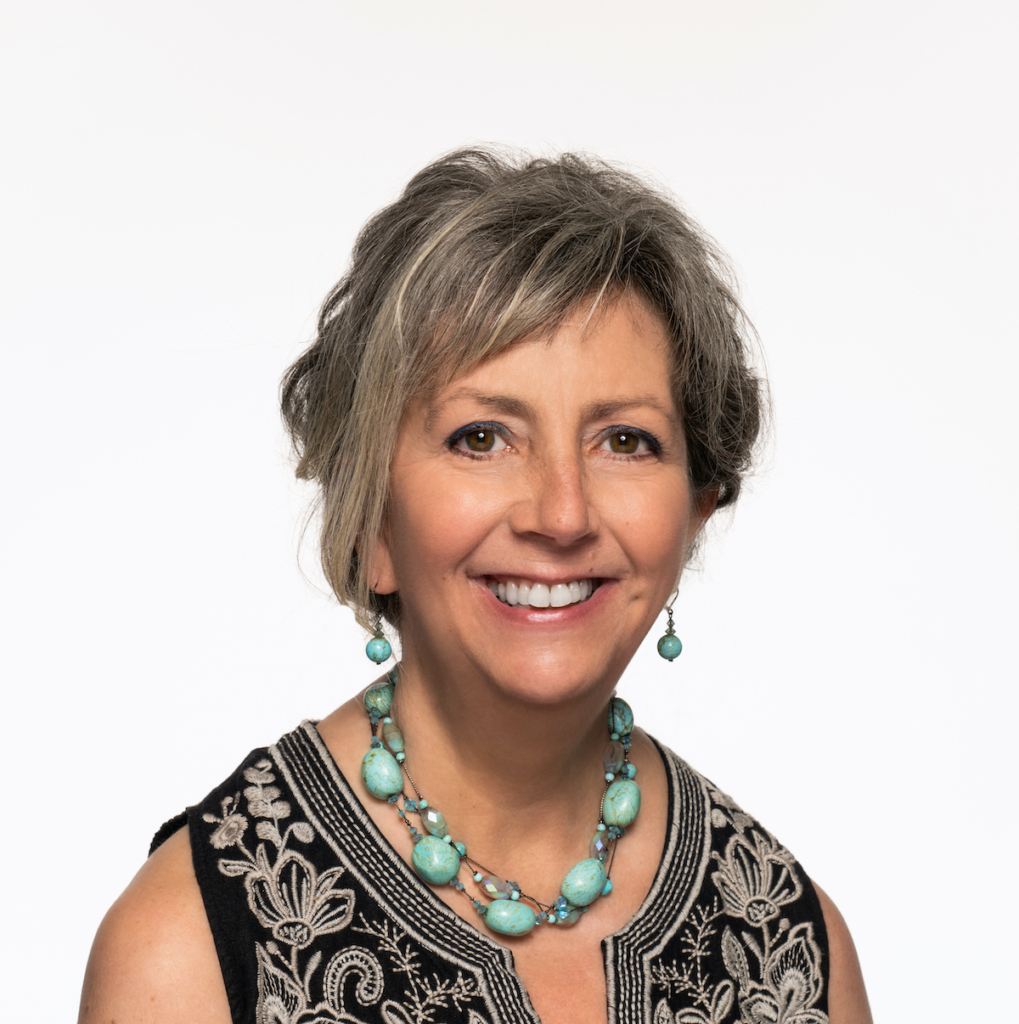
The journey of bench to bedside with Gail Eckhardt, M.D.
Very early on during her internal medicine training at the University of Virginia, one of Gail Eckhardt, M.D.’s, first rotations was on the cancer floor.
“I was really struck by what a devastating disease it was and how much it affected patients and families,” said Dr. Eckhardt, associate dean for experimental therapeutics and associate director for translational research at the Dan L Duncan Comprehensive Cancer Center at Baylor College of Medicine.
“I got very interested in the science behind what was causing cancer, and the idea of doing research to try to do anything to make it better,” she said. “It was something that just grabbed me.” It is what inspired her to specialize in oncology drug development.
Dr. Eckhardt joined Baylor in September 2023 from the University of Texas at Austin’s Dell Medical School, where she served as a tenured professor, inaugural director of the Livestrong Cancer Institutes, chair of the Department of Oncology and associate dean of cancer programs. At Baylor, her expertise is in translational research, and she holds Baylor’s Albert and Margaret Alkek Foundation Endowed Chair.
Translational research is commonly described as a bench-to-bedside approach. Dr. Eckhardt said that while it may be more conventional to go about getting funded by the National Institutes of Health or the National Cancer Institute for one’s lab research, it’s an entirely different thing to take those concepts into the clinic.
“All of a sudden you need infrastructure; you have to build your clinical practice and you have to ensure that you have a patient-centered approach to that translation,” she said. “And that’s really what I see as the next chapter for Baylor College of Medicine.”
Another one of Dr. Eckhardt’s great passions involves developmental therapeutics, sometimes called experimental therapeutics. This is basically a collaborative, multidisciplinary laboratory, expertly focused on the last leg of development before the research of a disease reaches the clinic.
When you think about the continuum, you have fundamental researchers discovering things and determining that something works in cancer, or you have an industry partner that has a promising drug. At the end, you have the work reaching a patient. “In the middle,” she said, “is where clinical translational investigators are found.”
“Our goal is not necessarily to make the discoveries, it’s to move the discoveries to the clinic; utilizing preclinical models, novel combinations in conjunction with bioinformatics, biostatistics and genomics—all together,” Dr. Eckhardt said. “The idea is that you collaborate to execute that last leg of development.”
Remaining on the frontlines of experimental therapeutics for deadly diseases was an easy decision once she decided her career would center on strategy, innovation, and mentorship.
“I felt like I had a real opportunity to come to Baylor and focus on those activities,” she said.


